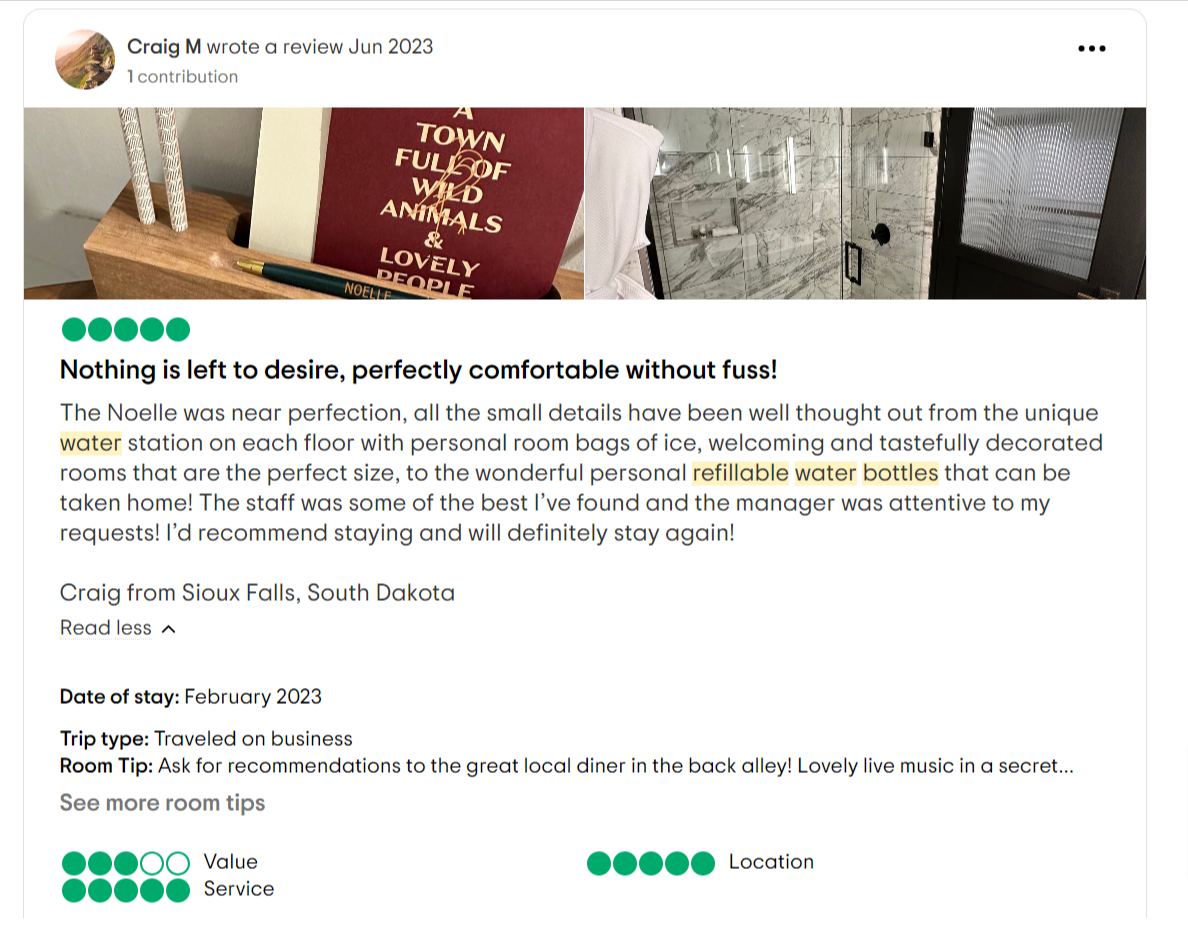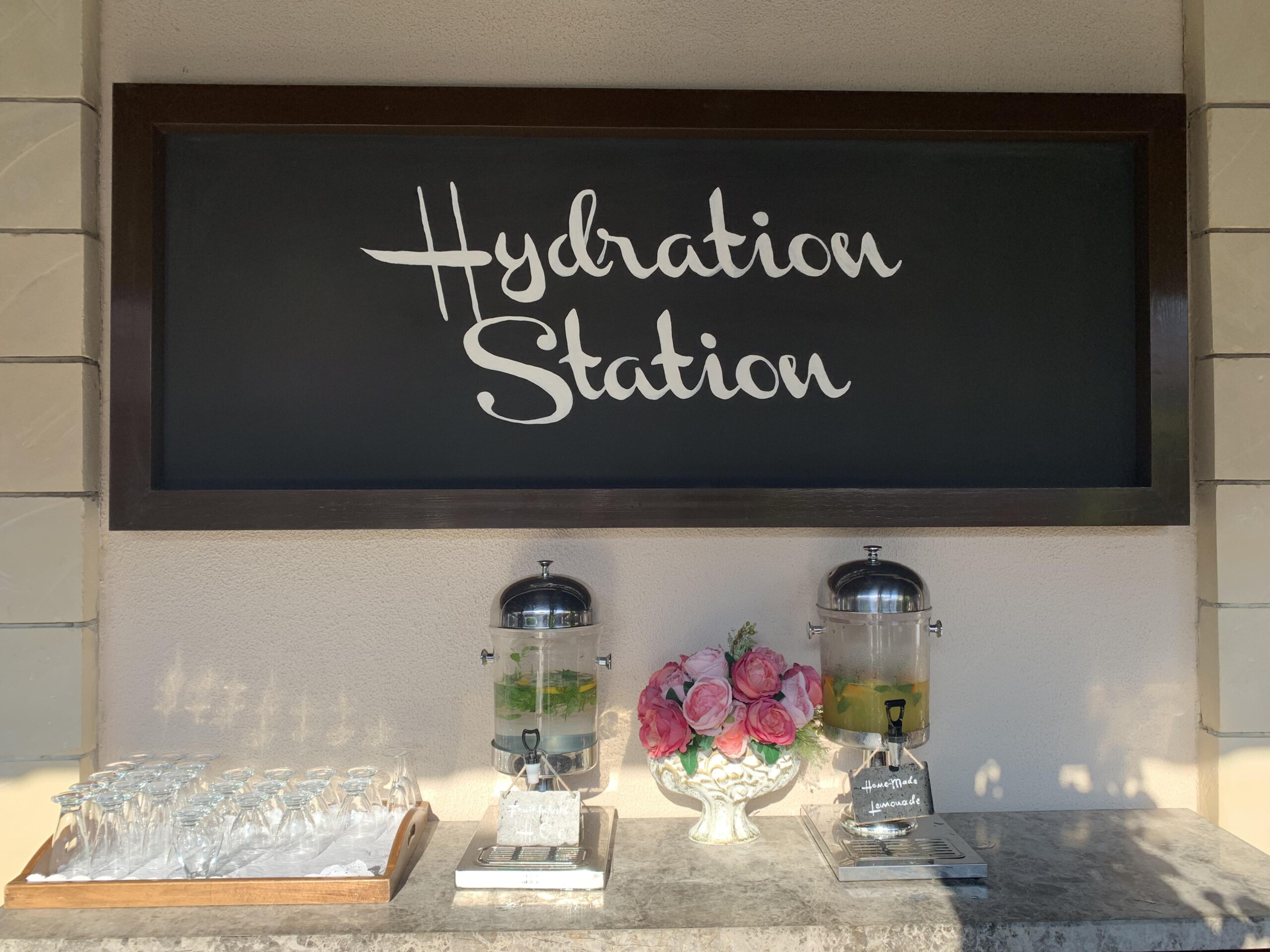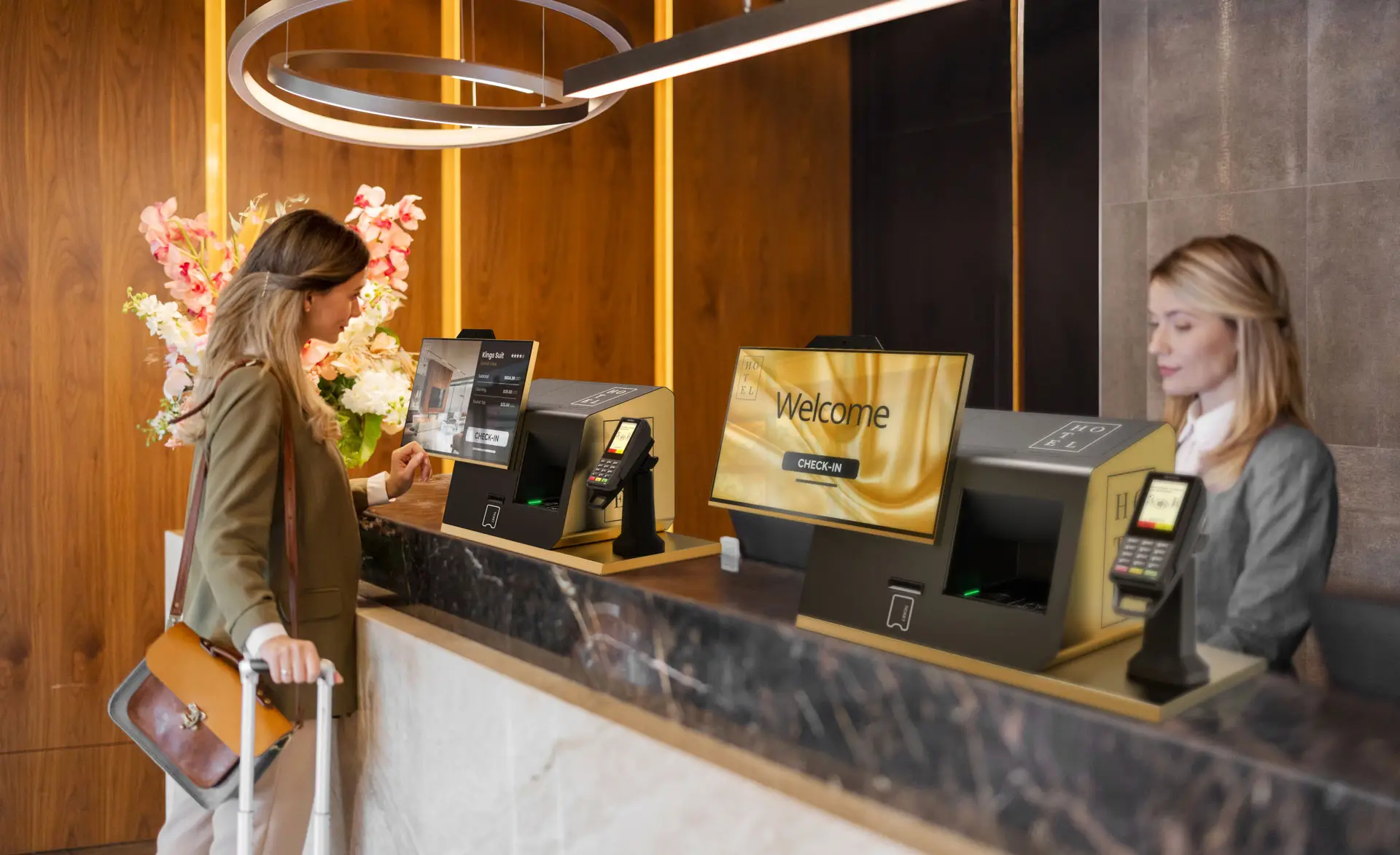In the rapidly evolving hospitality industry, hotels are continually seeking innovative ways to enhance guest experiences while embracing sustainability. One such advancement is the installation of hydration stations. As the founder of Zarnik, India’s first B2B e-commerce marketplace for hotels, I have observed in many hotels how these modern water dispensers are transforming guest hydration, offering a perfect blend of convenience, eco-friendliness, and health benefits.
What Are Hydration Stations?
Hydration stations are water dispensing systems strategically installed in common areas or on each floor of hotels. These stations provide guests with easy access to clean, filtered water, often offering both room temperature and chilled options. Many hotels complement these stations with complimentary reusable water bottles, encouraging guests to refill throughout their stay.

Benefits for Guests
- Convenience: Guests no longer need to rely on small bottles of water in their rooms or make trips to vending machines. With hydration stations on every floor, refreshment is always just steps away.
- Health and Wellness: Easy access to water promotes proper hydration, which is essential for guest well-being, especially for travelers adjusting to new climates or recovering from jet lag.
- Cost Savings: Complimentary water refills mean guests don’t have to purchase bottled water, leading to significant savings during their stay.
- Customization: Some advanced stations offer flavoring options or sparkling water, allowing guests to personalize their hydration experience.
Environmental Impact
The introduction of hydration stations aligns perfectly with the growing focus on sustainability in the hospitality industry:
- Reduction in Plastic Waste: By eliminating the need for single-use plastic water bottles, hotels significantly reduce their plastic footprint.
- Energy Efficiency: Modern hydration stations are designed to be energy-efficient, consuming less power than traditional water coolers or mini-fridges stocked with bottled water.
- Water Conservation: Filtered tap water requires far fewer resources to produce and transport compared to bottled water.
Operational Advantages for Hotels
- Cost-Effective: While there’s an initial investment, hydration stations can lead to long-term cost savings by reducing the need to purchase, store, and dispose of bottled water.
- Brand Enhancement: Hotels that offer hydration stations are often perceived as modern, health-conscious, and environmentally responsible, enhancing their brand image.
- Maintenance and Hygiene: These stations are typically easier to maintain and keep hygienic compared to traditional water dispensers or constantly restocking mini-fridges with bottled water.
Implementation Tips for Hotels
- Strategic Placement: Install stations in easily accessible areas on each floor, near elevators or ice machines.
- Clear Signage: Use informative signs to guide guests to the stations and explain their benefits.
- Quality Matters: Invest in high-quality filtration systems to ensure the best-tasting water.
- Branded Bottles: Offer reusable water bottles branded with the hotel logo as a practical and memorable souvenir.
- Staff Training: Ensure staff can answer questions about the stations and promote their use to guests.
Case Study: Noelle Hotel in Nashville
While my experience is primarily in the Indian market, it’s instructive to look at successful implementations globally. The Noelle hotel in Nashville provides an excellent example of successful hydration station implementation. According to guest reviews, the hotel offers water stations on each floor, complete with cold and hot water options, and fresh bags of ice. Guests particularly appreciate the complimentary refillable water bottles provided by the hotel.
One guest, Craig from Sioux Falls, South Dakota, noted: “The Noelle was near perfection, all the small details have been well thought out from the unique water station on each floor with personal room bags of ice… to the wonderful personal refillable water bottles that can be taken home!”
Another guest, Lorraine from Wantagh, New York, mentioned: “The hydration station on each floor with the complimentary refillable water bottles is definitely a plus.”
These testimonials highlight how hydration stations can significantly enhance the guest experience and contribute to positive reviews.

Noelle has received numerous positive reviews on their hydration station on TripAdvisor.
Gallery of Various Hydration Station Implementations in Hotels







The Indian Context
In India, where water quality can be a significant concern for many travelers, hydration stations offer a reliable and eco-friendly solution. They address guests’ need for safe drinking water while demonstrating a hotel’s commitment to both guest comfort and environmental responsibility. From a procurement perspective, which is a key focus for us at Zarnik, hydration stations can streamline operations for hotels in India. By reducing the need for individual water bottles, hotels can simplify their supply chain and potentially reduce costs in the long run.
The Future of Hydration in Hospitality
As sustainability continues to be a key focus in the hospitality industry, both in India and globally, hydration stations are likely to become a standard feature in hotels worldwide. Future innovations may include smart dispensers that track water consumption, offer more customization options, or integrate with hotel apps for a seamless guest experience. In conclusion, hydration stations represent a win-win solution for hotels and their guests. By providing convenient access to quality water while reducing environmental impact, these installations are not just a trend, but a significant step towards more sustainable and guest-centric hospitality practices. As we continue to innovate in the hotel supplies industry, we’re excited to see more hotels in India and beyond adopting solutions like hydration stations, enhancing guest experiences while promoting sustainability.
About the Author: Azhar Umar is the CEO and CTO of Zarnik, India’s first B2B e-commerce marketplace for hotels. With an MBA from IIM Kozhikode and extensive experience in the hospitality industry, Azhar combines his expertise in technology and hotel operations to revolutionize the hotel procurement process. His insights are shaped by hands-on experience in addressing the unique challenges faced by hotels in India.
We invite our readers to share their experiences with hydration stations in hotels, whether in India or elsewhere. Hoteliers, we welcome your insights on the challenges and successes you’ve encountered while implementing these systems. Your thoughts and experiences are valuable to us!

